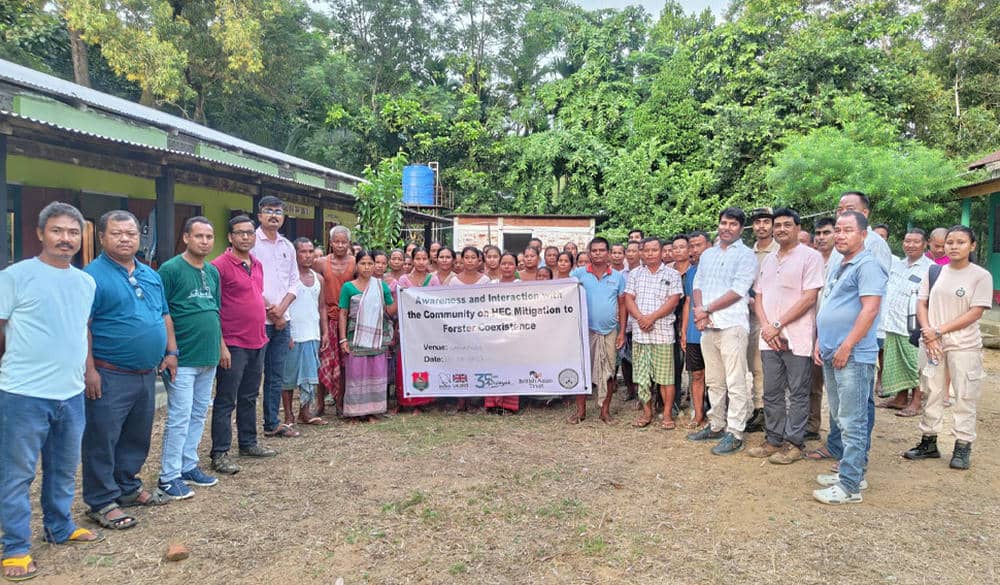Sesame cultivation promoted in Assam’s HEC-hit Udalguri, Baksa as alternative to paddy

In an effort to reduce crop losses from elephant raids and strengthen livelihood security in human-elephant conflict (HEC) zones, biodiversity conservation organisation Aaranyak, with support from the SBI Foundation, has begun promoting sesame cultivation as an alternative crop in Assam’s Udalguri and Baksa districts.
On August 20, the Aaranyak team distributed 7.5 kilograms of sesame seeds to three farming households from Sathgharia’s Village No. 1 and Village No. 2 in Udalguri district, and 6.5 kilograms of seeds to two households from Madhupur Mainaguri in Baksa district.
Udalguri and Baksa are among the worst-affected districts in Assam when it comes to human-elephant conflict. Most households here depend heavily on agriculture, particularly paddy cultivation, which attracts elephants and often suffers severe damage during raids. The resulting losses not only threaten farmers’ livelihoods but also fuel tensions between local communities and elephants.
To address this, Aaranyak has been encouraging farmers to grow sesame, a crop far less palatable to elephants. Unlike paddy, sesame is rarely targeted, and even when raids occur, losses are minimal. This shift helps protect household incomes while lowering the chances of dangerous encounters with elephants.
“Alternative crops like sesame offer a community-driven solution to recurring conflict. They provide resilience to farmers and reduce pressure on coexistence between people and elephants,” said Aaranyak representatives.
The seed distribution was facilitated by Aaranyak team members Mondeep Basumatari, Abhijit Saikia, Jaugashar Basumatary, and Pradip Barman, who engaged with local farmers to ensure awareness and effective implementation of the initiative.



Leave a Reply